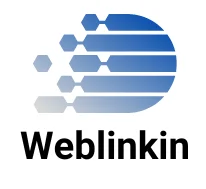C++
C++ is a general-purpose programming language developed by Bjarne Stroustrup in 1979. It is an extension of the C programming language and incorporates object-oriented features.
Key Features:
- Object-Oriented Programming (OOP): Supports concepts such as classes, inheritance, polymorphism, encapsulation, and abstraction.
- Performance: Known for its high performance, C++ is often used in system/software development, game programming, and applications requiring real-time processing.
- Memory Management: Allows manual memory management through pointers, which can lead to more efficient memory use but also increases complexity and the risk of memory leaks.
- Standard Template Library (STL): Provides a collection of template classes and functions for data structures and algorithms.
Java
Java is a high-level, class-based, object-oriented programming language developed by James Gosling at Sun Microsystems and released in 1995. It is designed to be platform-independent, allowing code to run on any device equipped with the Java Virtual Machine (JVM).
Key Features:
- Platform Independence: The “write once, run anywhere” (WORA) capability allows Java applications to run on any operating system that has a JVM.
- Automatic Memory Management: Java has an automatic garbage collection system, which reduces memory leaks and makes memory management easier for developers.
- Rich API: Provides a comprehensive standard library that supports networking, data structures, graphical user interface (GUI) development, and more.
- Strong Community Support: A large developer community and extensive documentation facilitate learning and troubleshooting.
